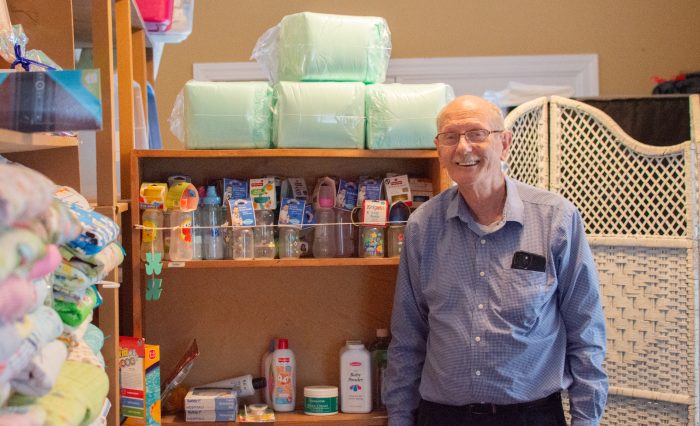McConnell: A half-century of hardball politics
Published 1:10 pm Friday, June 7, 2013
The big news at the University of Louisville in the spring of 1963 was the school’s strong showing in the College Bowl academic quiz show. Of lesser note, but perhaps more lasting significance, Mitch McConnell was elected president of U of L’s Arts & Sciences student council.
The campus newspaper, The Cardinal, ran a mischievous caption under a photo of him getting the president’s gavel. It called him “King Mitchel [sic] Addison McConnell.”
Trending
McConnell made his Washington, D. C. debut in the summer of 1963 working for conservative Kentucky congressman Gene Snyder. Upon his return to Louisville, the campus paper reported that McConnell was “full of enthusiasms” for the nation’s capital.
He had watched Attorney General Robert Kennedy testify on the civil rights bill, visited Teamsters president Jimmy Hoffa “in his plush office,” heard Martin Luther King, Jr.’s “I Have a Dream” speech, watched the bitter debate over the civil rights bill stalled in Congress.
According to McConnell, the “Southern Democrats are so angry with the others that they won’t even sit with them,” a “violation of Congressional courtesy” that the idealistic intern deplored. McConnell co-wrote an article for The Cardinal backing the civil rights bill that the segregationist Southern Democrats were blocking.
While he acknowledged that “certain sections” of the Constitution “are still strictly interpreted, and rightly so,” he said that “one must view the Constitution as a document adaptable to conditions of contemporary society.” He said any “strict interpretation” was “innately evil” if it meant “basic rights are denied to any group.”
McConnell refused to act as “campaign manager” for Barry Goldwater at the university’s mock Republican convention for the 1964 presidential campaign. Instead, he opted for Pennsylvania’s moderate Governor William Scranton before defecting to another moderate, Henry Cabot Lodge, to block Goldwater’s nomination and secure passage of a strong civil rights plank.
There were some controversies at the end of McConnell’s term as student council president. One involved a dispute over the qualifications of an independent candidate backed by McConnell’s political combine. This woman won election, but only after both McConnell and the parliamentarian, a Phi Kappa Tau fraternity brother of McConnell’s, made a controversial decision that she was eligible under the campus constitution.
Trending
A column in the campus paper accused McConnell of having “simply ignored the fact that the body’s governing document could say anything other than he wanted it to.” A post-election letter from two student council members accused McConnell of “blatant disregard” for the constitution and “a complete lack of concern for the faith the students showed in electing him to the council two years ago.”
Responding to these “aspersions cast upon” his judgment as president, McConnell apologized “to the students for allowing such ‘fuzzy’ provisions to remain in the constitution” and hoped “that this constitutional dispute will not shake the faith of the students in their elected representatives.”
McConnell classmate Geoffrey Morris, later a judge in Louisville, was then a member of the rival combine. He recalls McConnell as being “very focused, very steadfast” and surrounded by talented people.
At the time, however, Morris was less charitable and more sarcastic. He authored a letter to The Cardinal sarcastically thanking McConnell “who has through his leadership benefited a part of the School.”
In a farewell missive at the end of his tenure in office, McConnell and his successor as council president crowed about strong election showing by their combine in the elections for the next year’s council. “It is easy to smear and difficult to produce leadership and initiative,” he wrote. “We have chosen to produce.”
It is no wonder that Kentucky Democrats have had such a hard time finding someone credible to challenge McConnell for the U. S. Senate next year. He has been playing political hardball since he was a college student fifty years ago – before some of his prospective foes were born. And he has been winning.






